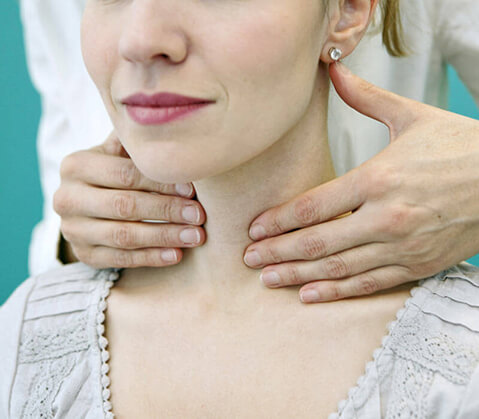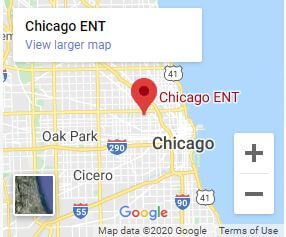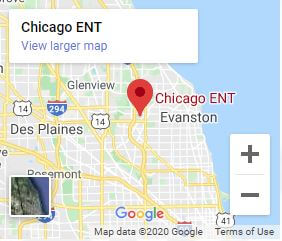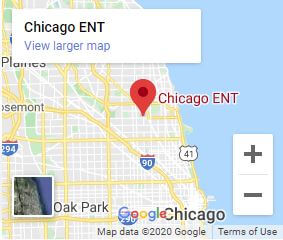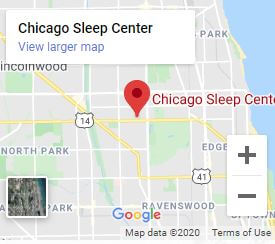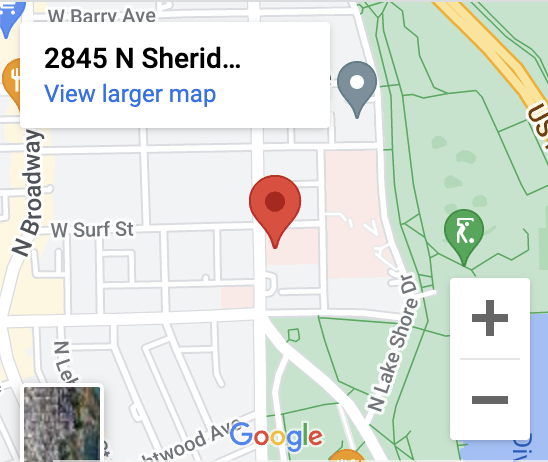The interconnected ear, nose, and throat systems enable you to hear, breathe, smell, and taste. These systems are essential to your sensory experience.
If something goes wrong in one area, it can significantly impact your quality of life. Many conditions can affect this system, and an ear, nose, and throat (ENT) specialist can help you with everything from allergies to ear infections.
Keep reading to learn more about how the ears, nose, and throat function, their connections, and when to see an ENT specialist.
The Functions of the ENT Systems
Your ears, nose, and throat form an intricate structure. Each functions independently, allowing them to work together in perfect harmony.
The Ears
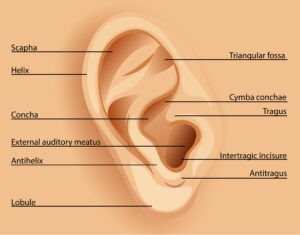
The two main functions of the ears are hearing and balance. Your ears have three parts: the inner, middle, and outer ear.
Outer Ear
The outer ear channels sound and protect the middle and inner ear. It contains the following:
Auricle
Also called the pinna, the auricle is the outer part of your ear. It gathers sound waves and directs them into your ear canal.
External Auditory Canal
The external auditory canal is a tube connecting the outer ear to the middle ear. It directs sound waves to your eardrum.
Eardrum
The eardrum separates the outer ear from the middle ear. It plays a vital role in hearing and protects the middle ear from bacteria, dirt, and debris.
Middle Ear
The middle ear comprises:
Eustachian Tube
The eustachian tube helps equalize pressure inside your ears and drains fluid.
Ossicles
The ossicles are three tiny bones that convey sound from the outer ear to the middle ear.
Inner Ear
The inner ear comprises:
Cochlea
The cochlea is a spiral-shaped bone that is responsible for hearing.
Vestibule
The primary function of the vestibule is to maintain balance.
Semicircular Canals
Like the vestibule, the semicircular canals help you keep your balance.
The Throat
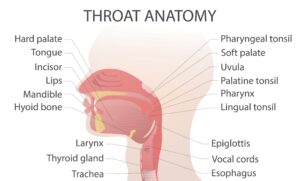
The throat is a hollow, ring-like muscular tube inside your neck. It begins behind your nose and runs to the top of your trachea and esophagus. The throat serves as the passageway for food, liquid, and air. It also aids in forming speech.
Your throat consists of the following:
Tonsils
The tonsils are a pair of fleshy tissues found at the back of your throat. They are part of your immune system and help fight infection.
Voice Box
The voice box or larynx sits at the front of your neck. It contains the vocal cords essential for talking, breathing, and swallowing.
Epiglottis
The epiglottis is found at the entrance of the larynx. It covers your larynx when you swallow to prevent food and liquid from entering the windpipe (trachea) and lungs.
The Nose
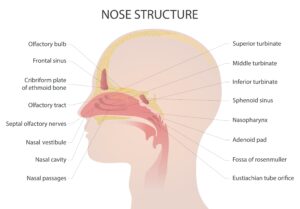
The nose filters and cleans the air you breathe in to remove particles and allergens. It also moistens and warms the air, ensuring comfortable breathing.
Additionally, your nose contributes to your facial appearance and how you sound when you talk.
The nose consists of the following:
The External Nose
The external nose is the protruding triangular-shaped structure at the center of your face.
Nostrils
The nostrils are the two openings in your nasal cavities that allow the entry and exit of air into your body.
Septum
The septum is the wall that divides your nostrils. It’s covered by mucous membranes and made of mainly bone and cartilage.
Nasal Passages
These are channels of airflow through your nose. The walls of your nasal passages are lined with mucous membranes that contain tiny hairs called cilia.
Sinuses
The bones of your face around the nose contain air-filled spaces called sinuses. Sinuses are connected to your nasal passages by small channels.
These channels allow air to flow through your nose and sinuses and enable drainage of mucus from the sinuses into your nose.
The Relationship Between the Ear, Nose, and Throat
The ears, nose, and throat are part of your upper respiratory system. These three are linked through several canals and tubes and share the same mucous membranes.
Because they’re all connected, the ears, nose, and throat can function as one system, with each part supporting the whole. That’s why when there’s a problem in one area, it may also affect the other two.
For example, when you get a cold, you may also have a cough, sore throat, ear pain, and stuffy nose. Even though the ears, nose, and throat have very different functions, they all work together to help you hear, breathe, and talk.
The throat connects your nose to your mouth and links to the esophagus and lungs. Your ears also drain into the throat.
The eustachian tube drains fluid from your ears into your throat via the nasopharynx. At the same time, the nasal passages connect to your ears.
Through these routes, a viral or bacterial infection in either your ears, nose, or throat can find its way into the others. For instance, the ENT system can be affected by the same problems, including infections, congestion, swelling, and post-nasal dripping.
When to See an ENT Specialist

ENT specialists specialize in conditions of the ears, nose, and throat. If you’re experiencing any of the following concerns, an ENT specialist can resolve your symptoms and help you find lasting relief.
The Ears
An ENT specialist at Chicago ENT can treat a range of issues, including:
- Ear infection
- Hearing loss
- Tinnitus, which is a ringing, buzzing, or roaring sound that only you can hear in one or both ears
- Balance disorders like benign paroxysmal positional vertigo (BPPV), Meniere’s disease, labyrinthitis, perilymph fistula, vestibular neuronitis, and Mal de Debarquement syndrome (MdDs)
The Nose
ENT specialists can diagnose, manage, and treat:

- Sinusitis
- Allergies
- Polyps
- Nosebleeds
- A deviated septum
- Snoring/sleep apnea
The Throat
An ENT specialist has expertise in treating:
- Tonsillitis
- A throat injury
- Throat infections
- Problems swallowing
- Frequent sore throats
- Voice loss
- Enlarged lymph nodes/lumps in the neck
Top-Rated ENT Specialists

Our experienced ENT specialists at Chicago ENT understand how the ENT systems work and can accurately diagnose the source of your problem. We’ll provide timely, effective treatment to help you feel your best again, preventing other health issues from happening later on.
Are you experiencing any problems with your ears, nose, or throat? Schedule your appointment today at Chicago ENT at one of our convenient locations to find the lasting relief you need.





